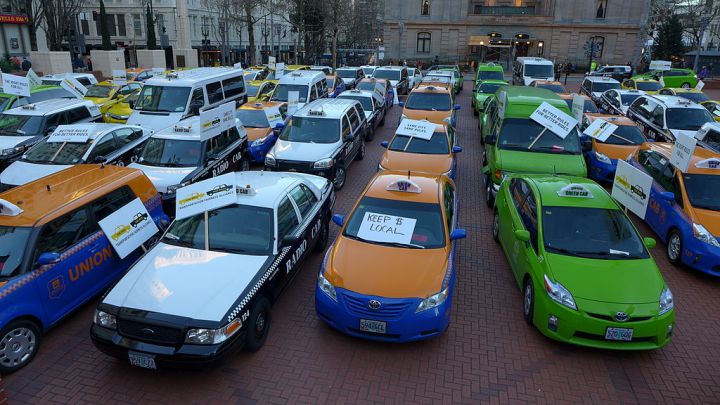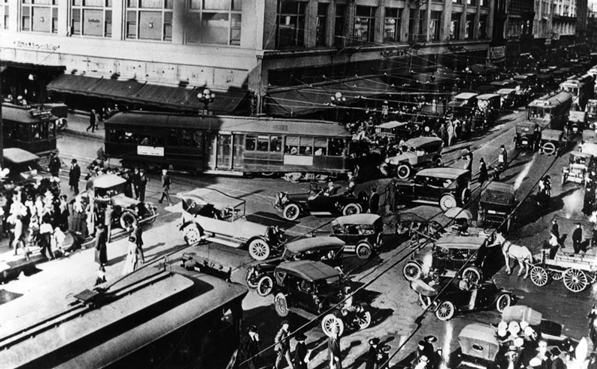False Claims and Propaganda: Why Uber’s Narratives Are Wrong But Successful - ProMarket
Uber’s narratives reduce everything to emotive battles between good and evil. If Uber’s success is inevitable, and resistance is futile, no one needs to waste time examining any actual economic or financial data. Part one of this series documented Uber’s uncompetitive economics, its inability to earn sustainable profits in competitive markets, and its explicit pursuit of […]| ProMarket



